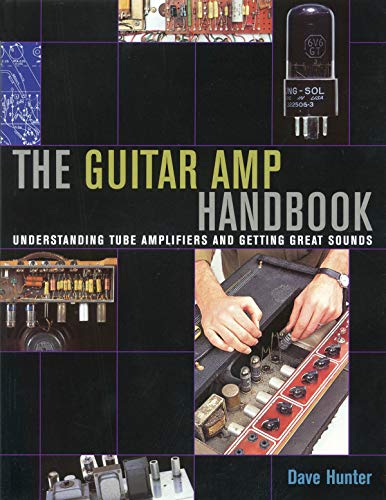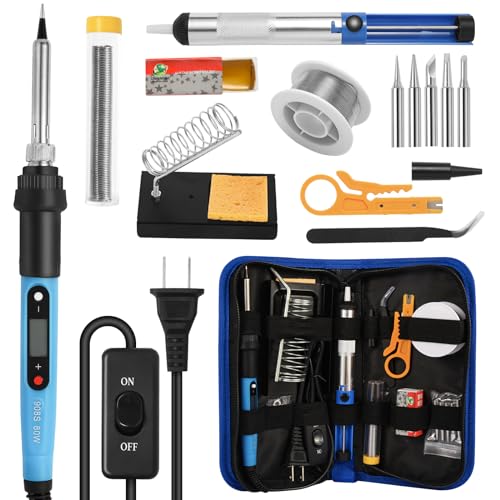Why would a reel-to-reel machine be left unused since 1990? I would ask the question of the present owner because if it was a decent machine, who would purchase it and then not ever use it? I suspect it may be normally used, kept in excellent cosmetic condition, and then was re-packed in its original packaging. Look over the heads. (Or get nice clear photos that give you a good visualization of the head gaps, tape guides, and surrounding areas.) Make sure the heads are as virginal as a new one would be. If you see wear marks across the heads and/or tape guides, then you know for sure that it is not new-old-stock. You can't hide this wear on a reel-to-reel machine. If the seller is telling a fib on that matter, what else might be covered up? This kind of knowledge can give you a price negotiating edge if not more insight.
I own two Akai and one older Roberts (brand) consumer-grade reel-to-reel tape decks and use them. I've used Sony and Revox machines in contexts such as a church sound operator. (I'm 69 years old--I'm from the heyday era of these machines.) As a volunteer, I "triage" donations of electronics given to a thrift store. I've seen a few R-to-R machines come through including a very nice (and heavy) Pioneer three-motor, three-head auto-reverse deck purchased originally in Japan and shipped to the USA by a Vietnam war vet. (I spoke with the former owner. He had the original sales receipt from an army PX store.) Every single one of these machines that came through had worn or stretched or gummy belts and hard pinch rollers. Those with mechanical reel-brake pads had rock-hard leather or felt pads that spilled tape. Expect every rubber, leather, or fabric part to need replacement or at a minimum, adjustment. Make sure you can find suitable parts since most of these machines are now beyond support from their original manufacturers. The hobby interest in these machines is strong, so there are quite suitable after-market options in many cases.
A professional reconditioning of one of these machines is about as expensive as the machine was to purchase in the first place--sometimes even more expensive. All that said, I encourage you onward and I wish you well. Reel-to-reel machines are a unique pleasure!

































